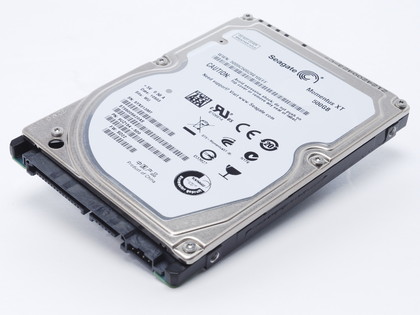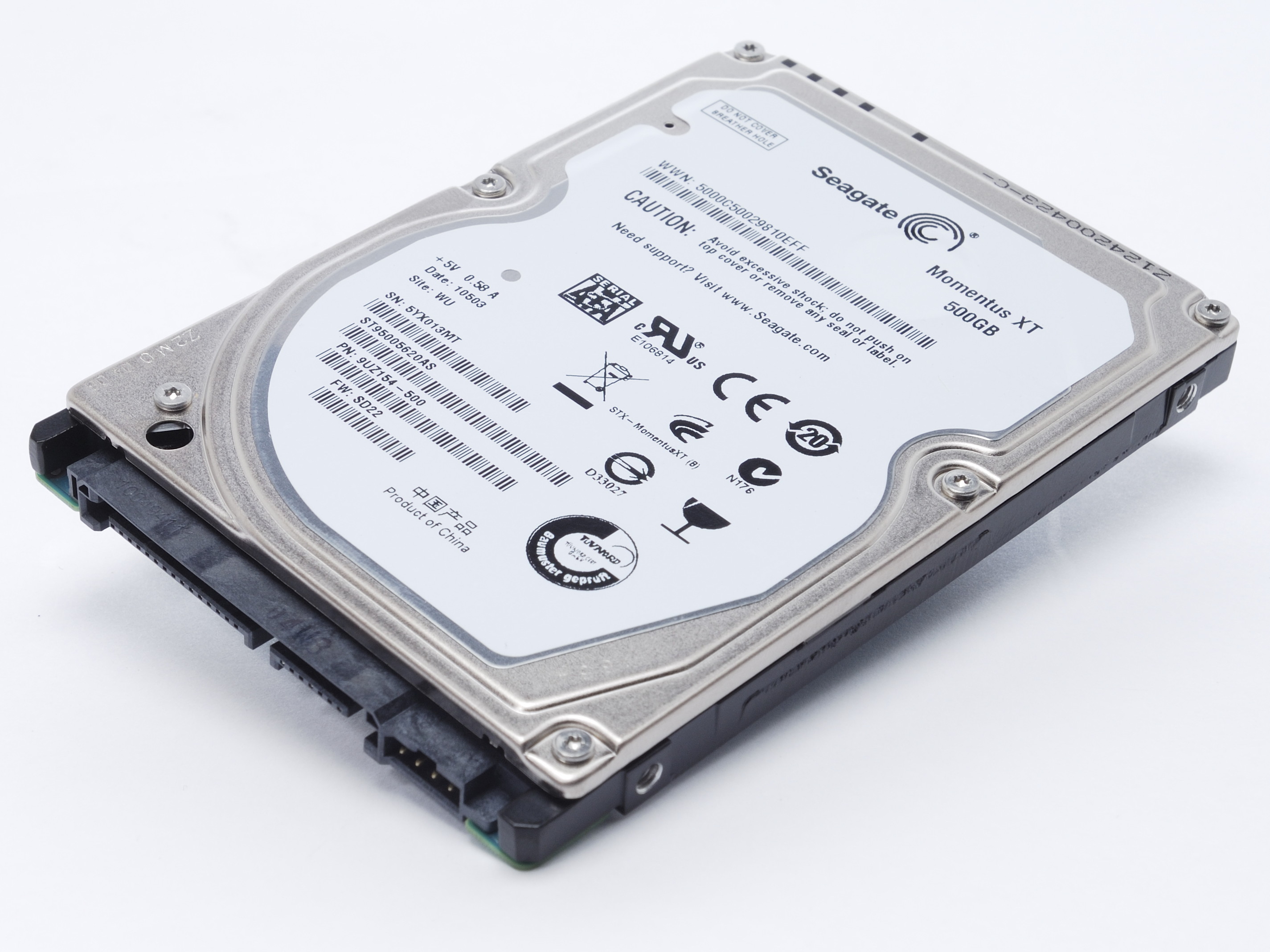Why you can trust TechRadar

Judging the performance of this drive is tough, and the benchmarks can be very, very deceptive. You have to add a bit of common sense to their interpretation.
For a start, it's important to re-iterate that the fast NAND memory is used exclusively for read operations.
In terms of data writes, there's no point expecting the Momentous XT to be faster than a normal HDD, because in these conditions that's exactly what it is.
Then there's the Adaptive Memory controller.
Theoretical benchmarks, especially the ATTO test, don't play particularly well with the Momentous XT. Often, it's clear from the benchmarks that the flash memory isn't being touched at all even after a few runs.
Other times, performance is a little erratic, to say the least. Random access times ranged from 18ms to 0.2ms and back again, regardless of the adaptive process.
Getting the SSD section to kick in means running the same benchmark a few times in order for the Adaptive Memory to shift the relevant bits and bytes in to 4GB of cache. Our biggest reservation here was the constrictive size.
Sign up for breaking news, reviews, opinion, top tech deals, and more.
How much of an effect can 4GB have on, say, the 17GB of a typical World of Warcraft installation?
The answer is quite a lot.
We cut a full third off of a low population area level load compared to a 7200RPM desktop drive, making the first daily boot of the game almost as quick as if you warm start it having logged out with the game files and textures still in the system RAM and video card buffer.
Windows boot times dropped by up to 50%.
There is one problem with the small SSD space, though, and that's that performance won't be consistent over time if you regularly run more than one or two applications.
Just like Windows' Superfetch, Adaptive Memory will have to start passing some files back off to the magnetic storage area once it realises you need more space.
Also, defragging the drive will clear out anything that's in the NAND cache too.
That still leaves us with the Momentous XT performing more or less as well as the best desktop drives in its worst case scenario, and best case giving you near SSD performance.
For the tiny premium it's currently commanding over its nearest spinning notebook drive competitor, we can live with the occasional unreliability.
We liked:
We wouldn't swap a 3.5inch desktop drive for Seagate's Momentous XT, but if you're after a high performance, high capacity replacement for your notebook drive this comes with the highest recommendation there is.
It's expensive compared to a 500GB 5400rpm speed competitor, but when pitched against other 7200rpm drives or SSDs, it's excellent value for money. It may not look it from the theoretical tests, but in practice Adaptive Memory makes a real difference.
We disliked:
There are a couple of reservations, namely noise and battery life. Here pure SSD drives clearly win out, because the traditional tech holds it back. Likewise any application that involves a lot of write operations, like HD video editing, isn't going to get much of a boost either.
Final word:
It may be best to think of it as the nitro boost button in a driving game. An awesome power up, but one you probably shouldn't rely on to win the race. Especially as you have no control over when it's used.
Current page: Seagate Momentus XT 500GB - Verdict
Prev Page Seagate Momentus XT 500GB - Benchmarks